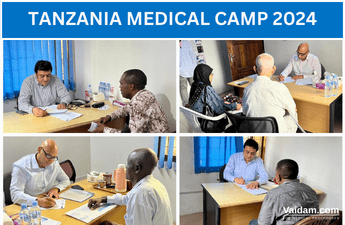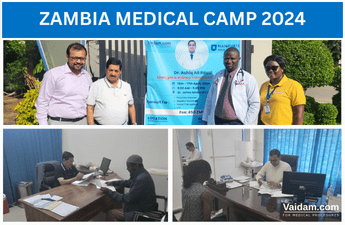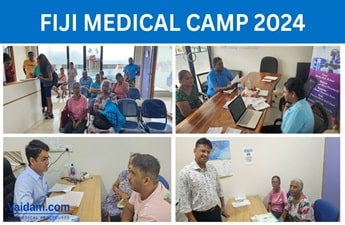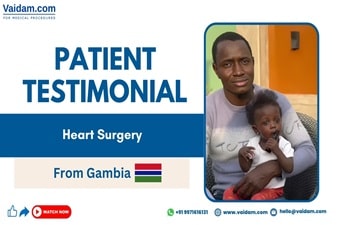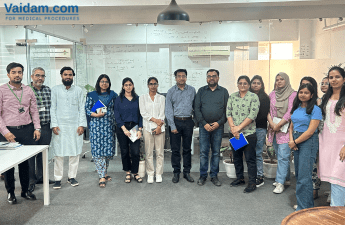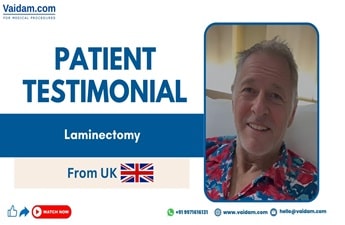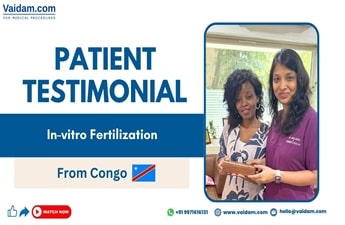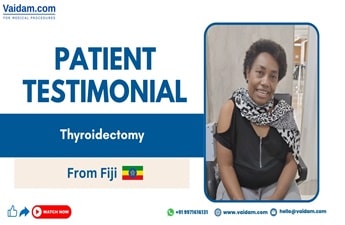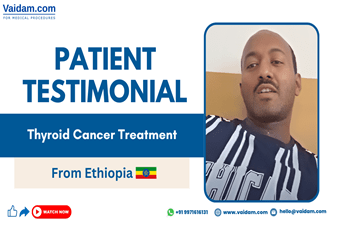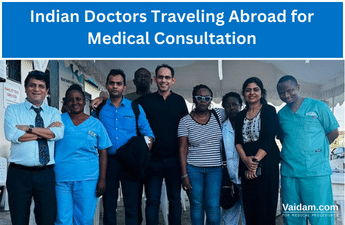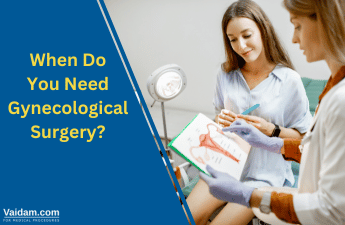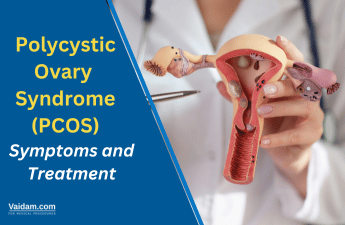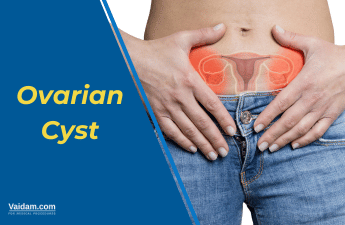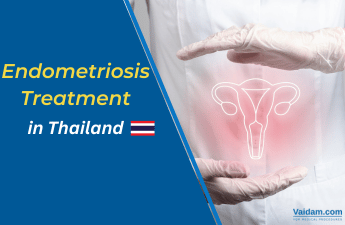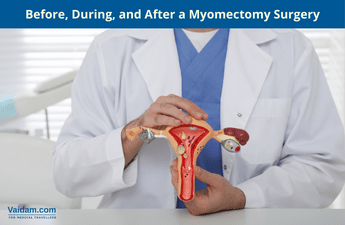For procedures like in vitro fertilisation (IVF), a well-liked and successful fertility treatment, many people have visited Pacific Fertility Center. According to the latest research, male and female infertility problems are common among patients. While female infertility is frequently brought on by tubal, egg, or uterine causes, male-factor infertility is typically brought on by problems with sperm production.

The Frequency of Infertility
More typical than you might imagine. Approximately 1 in 8 couples experience infertility issues, according to the Centers for Disease Control and Prevention's (CDC) National Survey of Family Growth.
48.5 million couples suffer from infertility worldwide, according to estimates. Not only this, near about 186 million individuals live with infertility globally.
In light of this, the CDC predicts that 13% of all females between the ages of 15 and 44 have trouble conceiving and bringing a child to term. 7.5% of sexually active American men said they had at least one appointment with a reproductive specialist.
Knowing a few facts, figures, and numbers can help one understand how common infertility is and how effective fertility treatments are. In light of this, let's examine the best and most well-known infertility treatment, IN VITRO FERTILISATION (IVF), its importance, and the best hospitals/doctors in UAE.
In Vitro Fertilisation (IVF)
Uniting a woman's egg and a man's sperm in a lab dish is known as in vitro fertilisation (IVF). Outside the body refers to in vitro. When an egg is fertilised, the sperm joins and enter.
The Process of IVF
In IVF, mature eggs from ovaries are extracted and fertilized with sperm in a lab. The fertilized egg is subsequently brought to the uterus. IVF cycles are completed in roughly three weeks. When these processes are divided into separate steps, the process can sometimes take longer.
The assisted reproductive technology with the most success is IVF. It's possible because the treatment uses the couple's own sperm and eggs. During IVF, eggs, sperm, or embryos from known or unidentified donors may also be used. An embryo that has been implanted in a woman's uterus may occasionally be used to carry the child.
Get in Touch with Medical Experts
Steps of IVF Procedure:
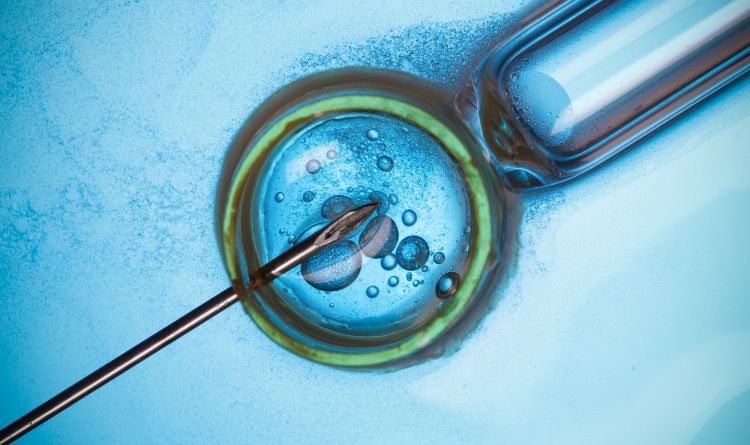
Step 01: Stimulation, also known as hyperovulation
The lady is given medications known as fertility medicines to increase egg production.
A woman typically produces one egg each month. The ovaries are instructed to create many eggs by fertility medicines.
The woman will undergo routine transvaginal ultrasounds to evaluate her ovaries during this phase and blood tests to determine her hormone levels.
Step 2: Egg retrieval
A quick procedure known as follicular aspiration is performed to remove the woman's eggs.
Most of the time, the procedure is performed in the doctor's lab. Medications will be administered to minimise the suffering throughout the process. Using ultrasound images as a guide, the medical expert inserts a tiny needle via the vagina into the ovary and egg-containing sacs (follicles). The eggs and fluid are drawn out of each follicle one at a time by the suction device to which the needle is attached.
The other ovary is treated in the same way. After the procedure, there can be some cramping, but it will pass in a day.
To extract the eggs, a pelvic laparoscopy may occasionally be required. Donated eggs may be used if a woman can or does not generate any eggs.
Step 3: Fertilisation and insemination
The man's sperm is mixed with the best quality eggs. The process of joining sperm and egg is called insemination. Sperm and eggs are then stored in a controlled environment. The sperm typically enters (fertilizes) an egg a few hours after insemination.
Direct injection of the sperm into the egg is an option if the doctor believes there is a low likelihood of fertilisation. Intracytoplasmic sperm injection is what this is (ICSI).
Even if everything seems normal, many fertility centres routinely perform ICSI on some eggs.
Step 4: Embryo culture
An egg that has been fertilised divides into an embryo. The embryo will be checked frequently by laboratory staff to ensure normal growth. A typical embryo has numerous cells actively dividing after about 5 days.
A pre-implantation genetic diagnosis is an option for couples at a high risk of spreading genetic (hereditary) disorders to their unborn child (PGD). Most frequently, the surgery is carried out 3 to 5 days following fertilisation. A single cell or cells are removed from each embryo by laboratory researchers who then check the sample for particular genetic diseases.
The American Society for Reproductive Medicine claims that parents can choose which embryos to implant with the aid of PGD. As a result, there is a lower likelihood of transferring a problem to a child. The method is divisive and not available at all centres.
Step 5: Transfer an embryo
Three to five days after the egg is removed and fertilised, embryos are implanted in the woman's uterus. In the doctor's lab, the process is performed in front of the woman. The doctor inserts a small tube (catheter) into the woman's vagina, travels up her cervix, and into her womb. Pregnancy happens when a source clings to (implants in) the womb's lining and develops.
It is possible to implant more than one embryo at once, which may result in twins, triplets, or more. The precise number of embryos transferred is a complicated matter that depends on various elements, particularly the woman's age.
Unused embryos can be given or saved to be implanted later.
Significance of IVF Treatment
In vitro fertilization (IVF) is a treatment for infertility or genetic problems. If IVF is performed to treat infertility, you and your partner might be able to try less-invasive treatment options before attempting IVF, including fertility drugs to increase the production of eggs or intrauterine insemination — a procedure in which sperm are placed directly in the uterus near the time of ovulation.
Sometimes, IVF is offered as a primary treatment for infertility in women over age 40. IVF can also be done if you have certain health conditions. For example, IVF may be an option if you or your partner has:
-
Fallopian tube damage or blockage
-
Uterine Fibroids
-
Ovulation Disorders
-
Endometriosis
-
Previous tubal sterilization or removal
-
Impaired sperm production or function
-
Unexplained infertility
-
A Genetic Disorder
-
Fertility preservation for cancer or other health conditions
How to Prepare for IVF?
The Society for Assisted Reproductive Technology and the Centers for Disease Control and Prevention offer online data on specific pregnancy and live birth rates at U.S. clinics.
Numerous variables affect a clinic's success rate. These include the ages and health conditions of the patients, the types of patients being treated at the clinic, and the methods of treatment. Request specific details on the fees involved with each procedure stage.
You and your partner will probably require several screenings before starting an IVF cycle with your own eggs and sperm, such as:
-
Ovarian reserve testing: Your doctor may perform blood tests to measure the levels of follicle-stimulating hormone (FSH), estradiol (estrogen), and anti-mullerian hormone during the first few days of your menstrual cycle in order to evaluate the number and quality of your eggs.
-
Semen examination: Your doctor will perform a semen analysis just before the beginning of an IVF treatment cycle if it wasn't done as part of your first fertility assessment.
-
Screening for infectious diseases: You and your partner will undergo HIV and other infectious disease screenings.
-
Practice transferring embryos: Your doctor may perform a mock embryo transfer to establish the depth of your uterine cavity and the procedure most likely to implant the embryos into your uterus properly.
-
Exam of the womb: Before you begin IVF, your doctor will check the uterus' inner lining.
IVF in UAE

We all know that IVF is a critical process so as extremely important to conceive a baby. It is important to look for the best place to get your treatment done to eliminate the risk of failure. UAE is undoubtedly known as the best place to opt for IVF treatment, some of the major reasons to the choose UAE for your IVF are as follows: The centres of IVF Treatment in the UAE are known as the best treatment centres.
-
Get IVF done at affordable and cost-effective rates.
-
The best IVF doctors in the world help you conceive.
-
With little inconvenience, the country’s best treatment centres offer all fertility treatments and services
Best IVF Hospitals in UAE
The list of the best Best Ivf And Infertility Hospitals in the United Arab Emirates is as follows:
A top-notch medical centre serving the Middle East's highly specialized needs is the Canadian Specialist Hospital (CSH). Being one of the biggest private hospitals in Dubai, it receives referrals from medical facilities lacking specialized facilities as the preferred institution.
The first private mother and child hospital in Abu Dhabi, NMC Royal Women's Hospital is a division of NMC Healthcare, the largest private healthcare provider in the United Arab Emirates.
The leading Reproductive and Andrology service clinic in the UAE is Orchid Fertility Clinic.
In order to improve the health and quality of life for couples and ensure commitment to having healthy children born into healthy families, it anticipates supplying the greatest treatment help and infertility treatment alternatives that are unique from others by using a holistic approach.
The Fakih IVF Fertility Center opened its first location in Dubai in 2011 thanks to the idea of renowned, award-winning, and respected obstetrician and IVF specialist Dr Micheal Fakih. In the GCC region, it is a top provider of fertility, IVF, obstetrics & gynaecology, and genetics.
Best IVF Doctors in the United Arab Emirates
-
Dr. Amal Alias - Dr. Amal Alias has over 27 years of experience in obstetrics, gynaecology, and reproductive endocrinology.
-
Dr. Nayana Patel - A renowned obstetrician and gynaecologist with more than three decades of experience in assisted reproduction, Dr. Nayana Patel. Her expertise in IVF and surrogacy is well-known throughout the world.
-
Dr. Gautam Allahbadia - With more than 25 years of experience and skill, Dr. Gautam Allahbadia, a well-known fertility specialist in Dubai, is a global leader in assisted reproductive techniques. He has played a vital role in the advancement of ultrasound use in embryo transfer operations as well as the creation of new protocols for increasing fertility.
What is the Cost of IVF in the UAE?
IVF in UAE will cost between $3500 and $5000 USD in total, including the cost of an apartment and a visa invitation.
Visa Process for a Medical Trip to the UAE
You don't need to put in any extra effort to obtain a medical visa for the UAE; all you need is a copy of your passport, a letter explaining why you need the visa, proof of your financial stability, and medical insurance that will cover your whole stay. Rest, and your sponsor must look after you (in this case, your hospital is providing the treatment).
The other procedure varies depending on the UAE city you're visiting. As a result, your hospital will request a Visa from the appropriate city's issuing body.
Final Words
The most successful type of assisted reproduction technology is in vitro fertilization (IVF), which involves removing mature eggs from ovaries and using sperm to fertilize them in a laboratory. UAE is one of the best destinations in the world if you are seeking a successful and safe IVF treatment. There are numerous medical travel companies that can help you to make your medical journey hassle-free by providing proper assistance.
FAQ’s
Q: Is IVF baby normal?
Yes is the clear-cut response. Millions of healthy children have been born with the use of in vitro fertilisation (IVF). There are no immediate or long-term risks to the child's health associated with the operation.
Q: At what age is IVF successful?
Women under the age of 35 who are receiving IVF therapy have better success rates than women beyond the age of 35. In 32% of cases, a woman who has never been pregnant before and is under 35 is more likely to become pregnant.
Q: Are children born via in vitro fertilization any different?
IVF is a different method of conception than regular sexual activity. But in terms of their mental and physical characteristics, IVF children are comparable to other kids.



